For the first time, Vietnamese and Japanese folk melodies harmonized together in a special festival to celebrate the 50th anniversary of diplomatic relations between the two countries.
On the evening of October 28 in Hanoi, the Institute for Cultural, Language andEducation Development (CLEF) and the Vietnam-Japan Cultural Exchange Association co-organized the Vietnam-Japan Folk Song Festival and the Award Ceremony of the 2023 Vietnam-Japan Folk Song Translation Contest.
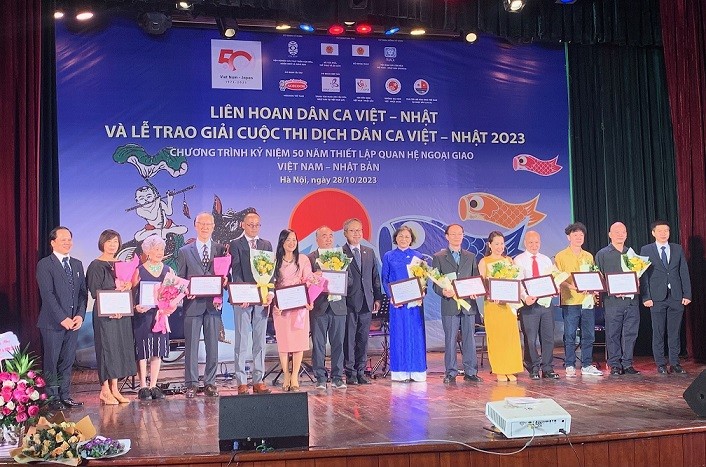 |
| The event was successfully organized with the contribution of many individuals and organizations. (Photo: Le An) |
The event is held to introduce Vietnamese folk songs to Japanese audiences and vice versa, while promoting the study and research of the languages and cultures of the two countries.
To implement this event, the Organizing Committee received sponsorship from the Ministry of Culture, Sports and Tourism , the Ministry of Foreign Affairs, the Embassy of Japan in Vietnam, sponsorship from Acecook Vietnam and the support of the Japan Cultural Exchange Center in Vietnam, the Vietnam-Japan Friendship Association, the Vietnam-Japan University, and the Club of Vietnamese Alumni in Japan.
Regarding the 2023 Vietnam-Japan folk song translation contest, the organizers said that the contest will be widely deployed from April 2023, aiming to select the best translations of the Vietnamese folk song Beo dat may troi into Japanese and the Japanese folk song Sakura, Sakura into Vietnamese.
According to poet and musician Ngo Tu Lap, a member of the preliminary and final judging panel, the decision was made to choose the songs Beo dat may troi and Sakura, Sakura. The Advisory Board selected the folk songs after carefully considering the criteria: theme, popularity, and representativeness in two traditional music genres.
The contest is open to everyone, regardless of age, gender, or nationality. Each person can participate in translating one or both songs.
Poet and musician Ngo Tu Lap said that the translation must be faithful to the original in terms of meaning, consistent with the melody, and have special literary or creative value. This is a high requirement, especially when there are difficulties due to the differences between the two languages.
As a result, the Organizing Committee received a total of 124 entries (52 translations of the song " Floating Water Fern" into Japanese and 72 translations of the song " Sakura, Sakura" into Vietnamese.
The jury, consisting of cultural experts, linguists, musicians and poets from Vietnam and Japan, conducted the judging through two preliminary and final rounds.
Based on fair and serious evaluation, the jury selected 1 First Prize, 1 Second Prize, 1 Third Prize for the category of translating the Vietnamese folk song Beo dat may troi into Japanese; and 1 Second Prize, 2 Third Prizes for the category of translating the Japanese folk song Sakura, sakura into Vietnamese (no First Prize).
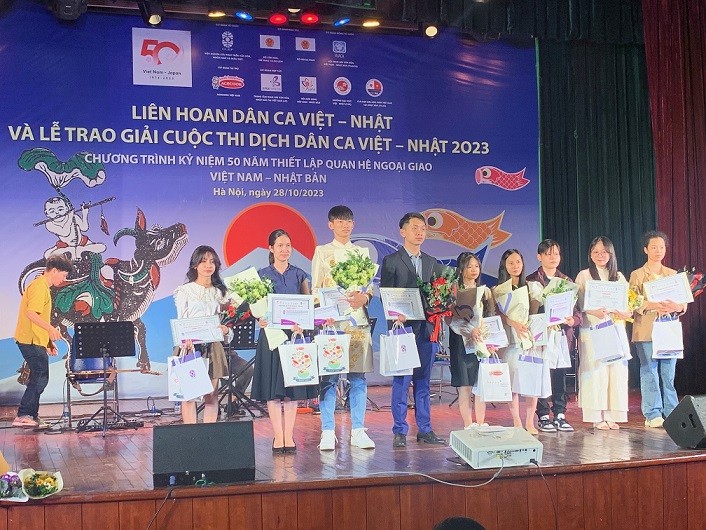 |
| The organizers awarded prizes to the best authors. (Photo: Le An) |
At the same time, the Organizing Committee also selected 5 folk songs from many regions of Vietnam ( Drum Rice, Lullaby of the South, Come Here, My Dear, Rooster Crows , and Going to Plant ) and 5 folk songs from Japan ( Picking Roses, Fishing Song, Charcoal Makers of Kyushu Island, Cutting Cogon Grass , and Asadoya Yunta ) translated into Japanese and Vietnamese by Japanese Professor Shine Tohihiko and poet and musician Ngo Tu Lap, respectively.
At the event, all 12 folk songs were performed by artists in front of the audience. This is a meaningful and unique cultural activity held for the first time in Vietnam, not only contributing to introducing culture to the people of the two countries, but also enhancing mutual understanding between the two nations.
Below are some outstanding images at the event : (Photo: Le An, Organizing Committee)
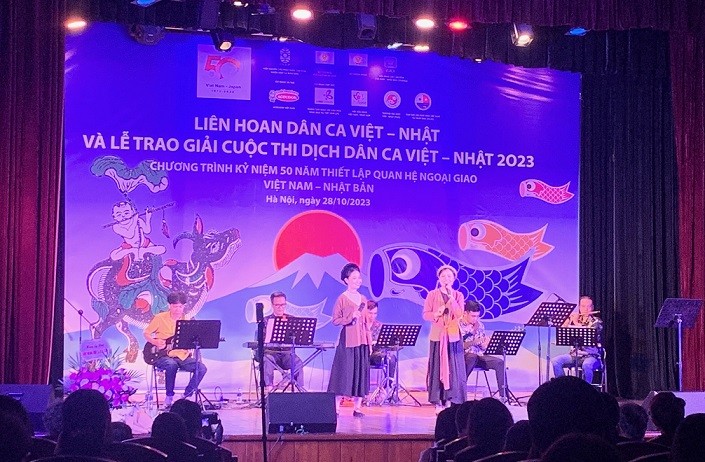 |
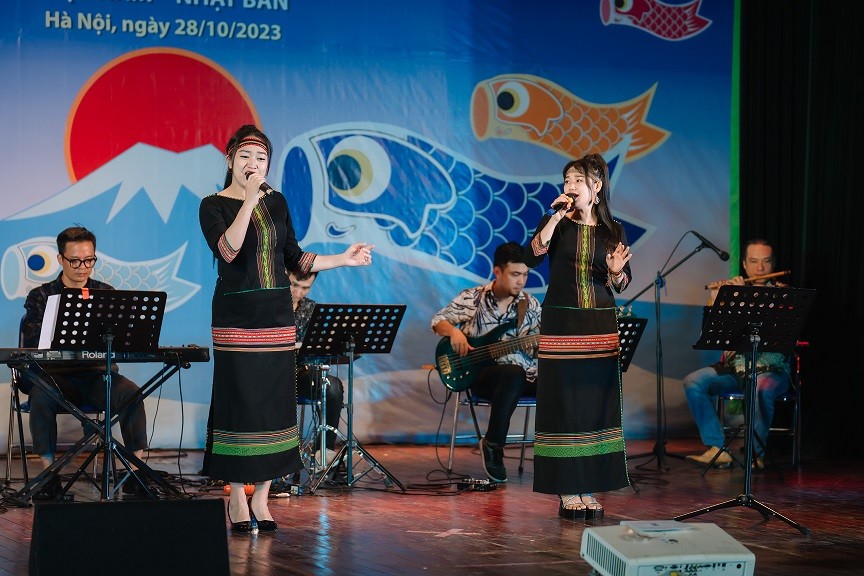 |
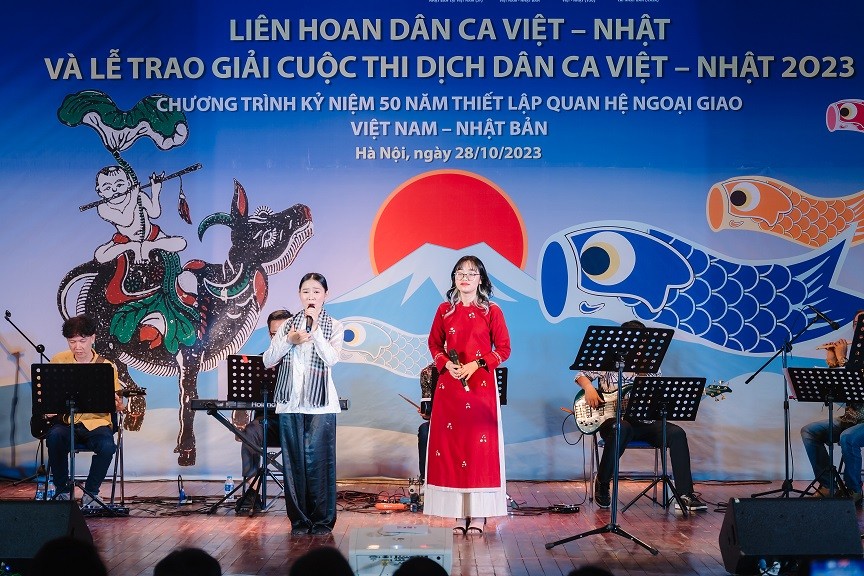 |
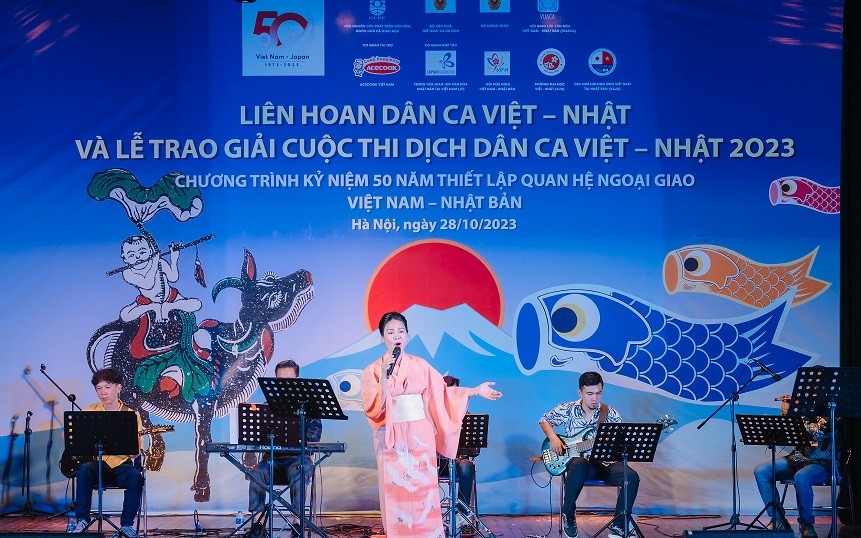 |
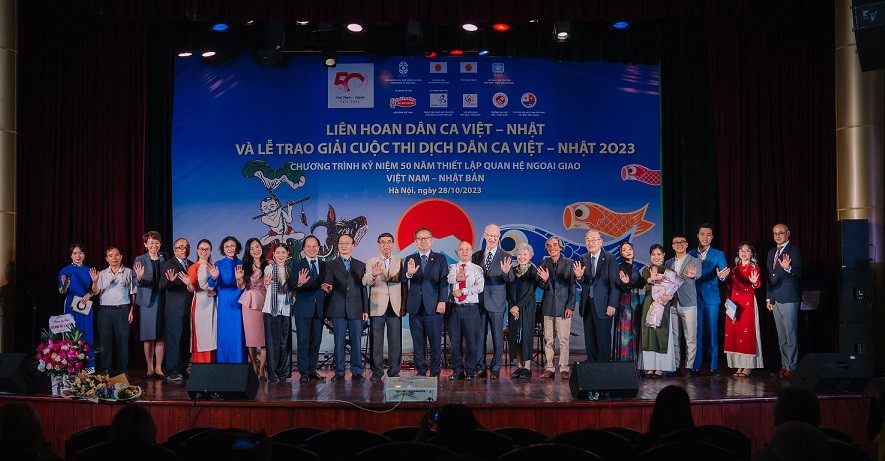 |
Source


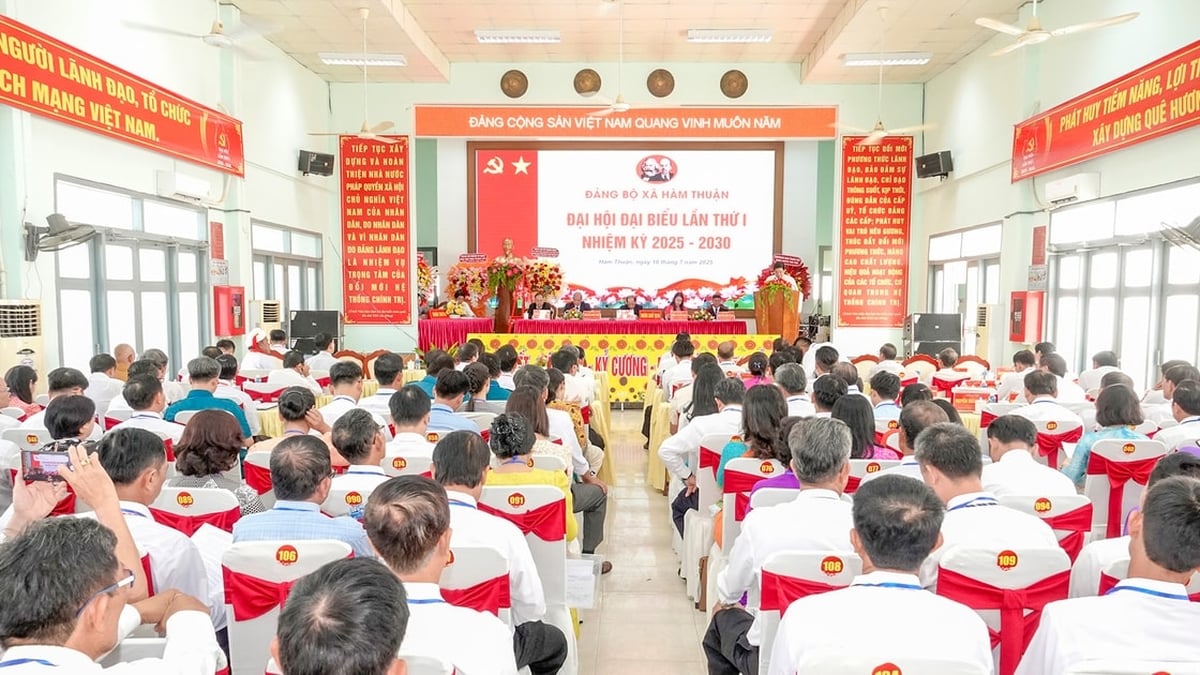
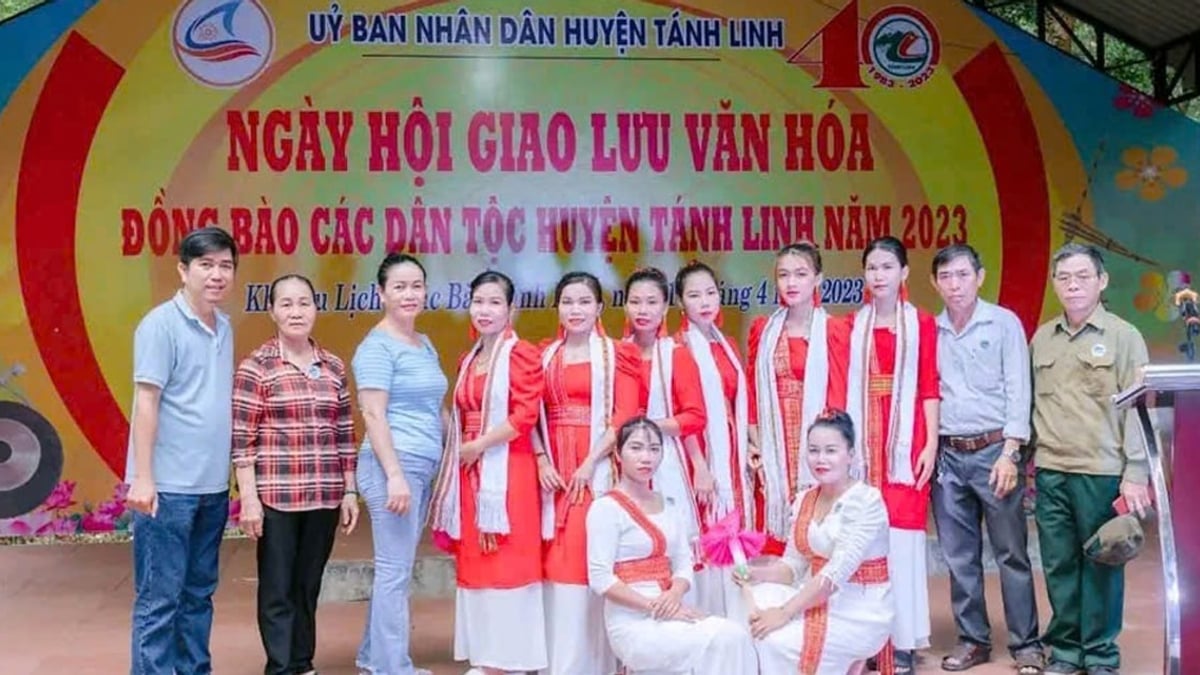
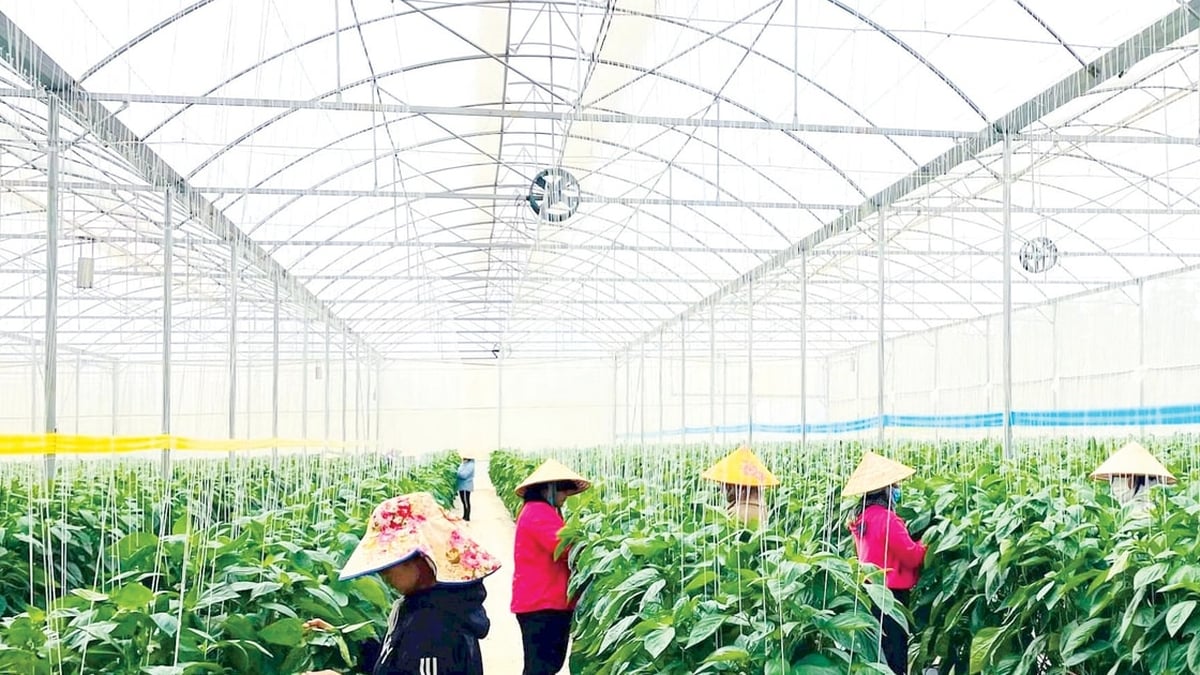

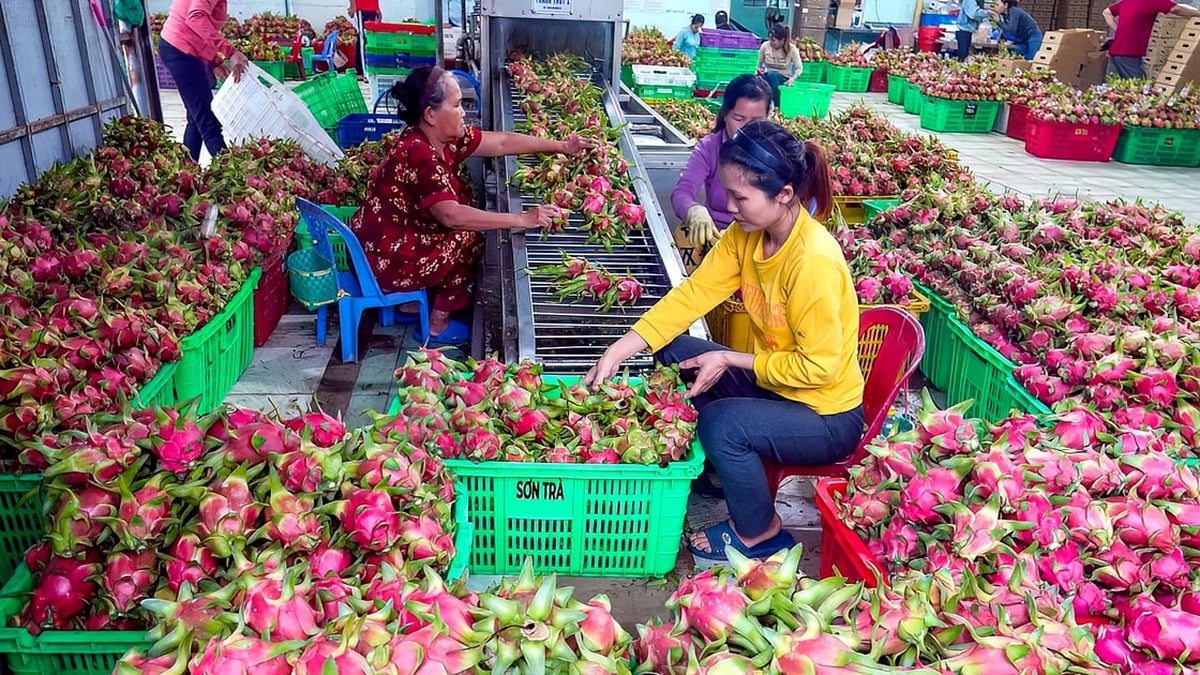
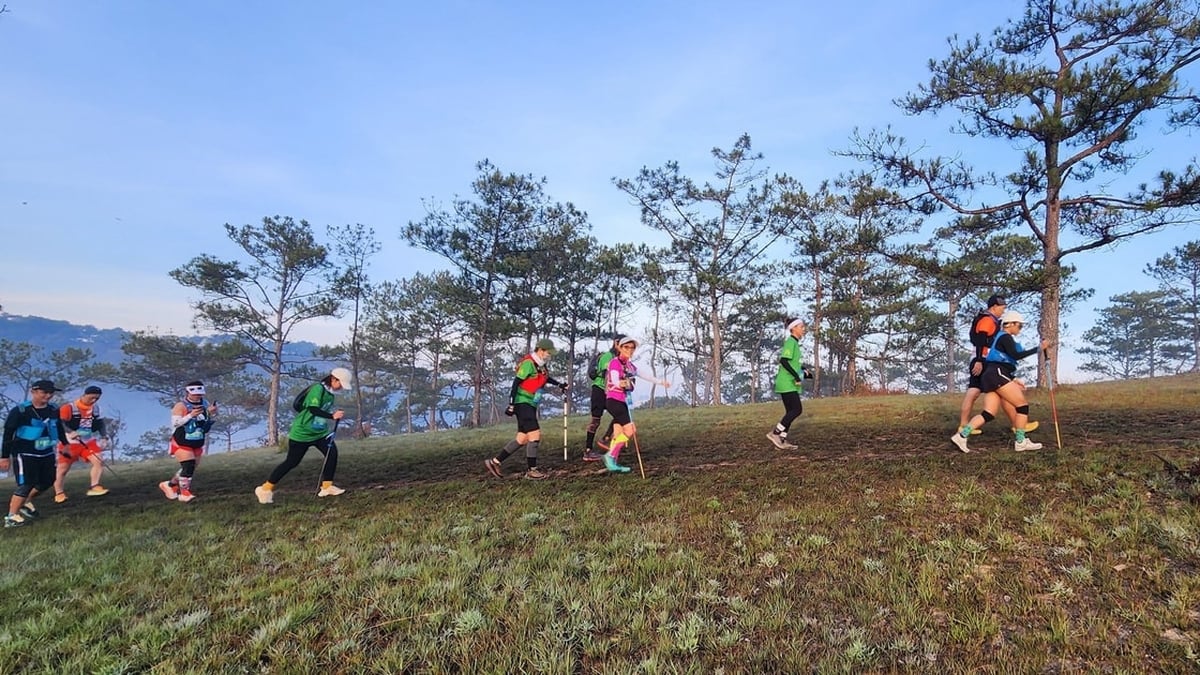
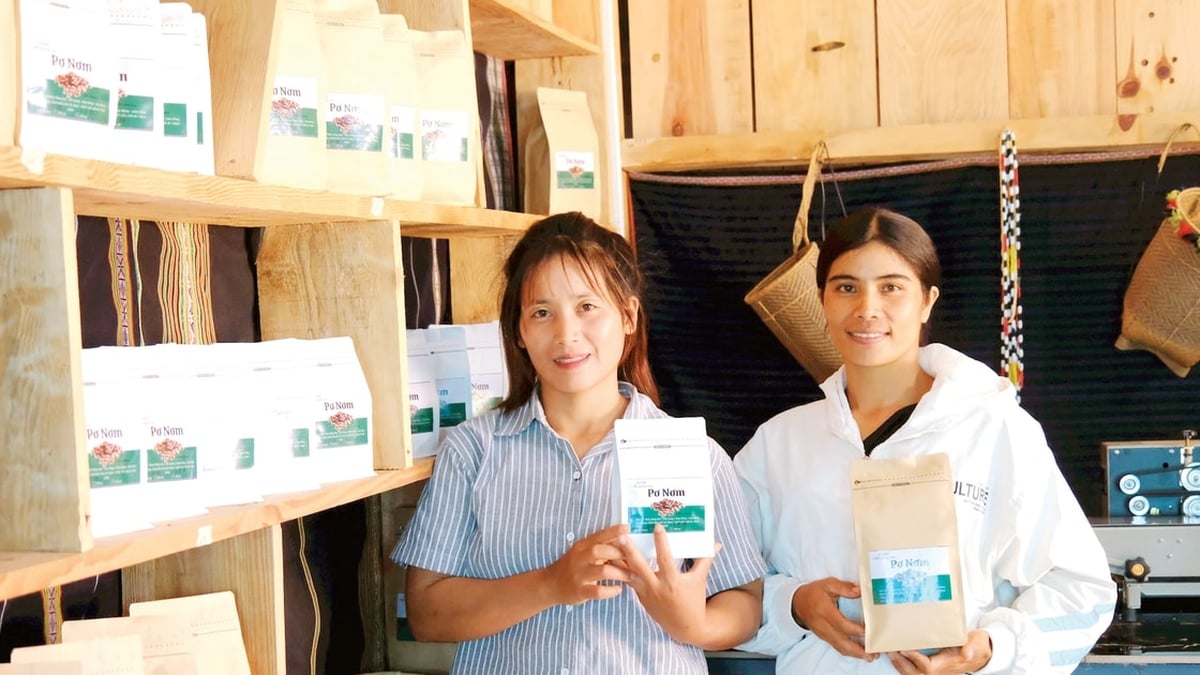
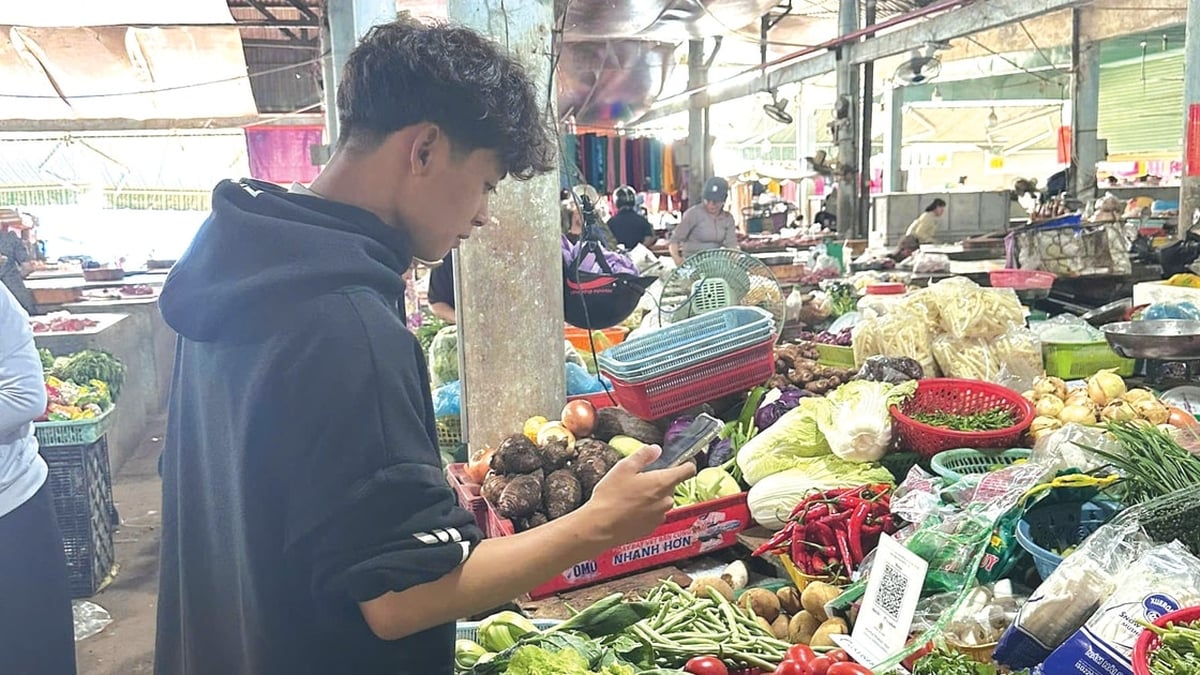
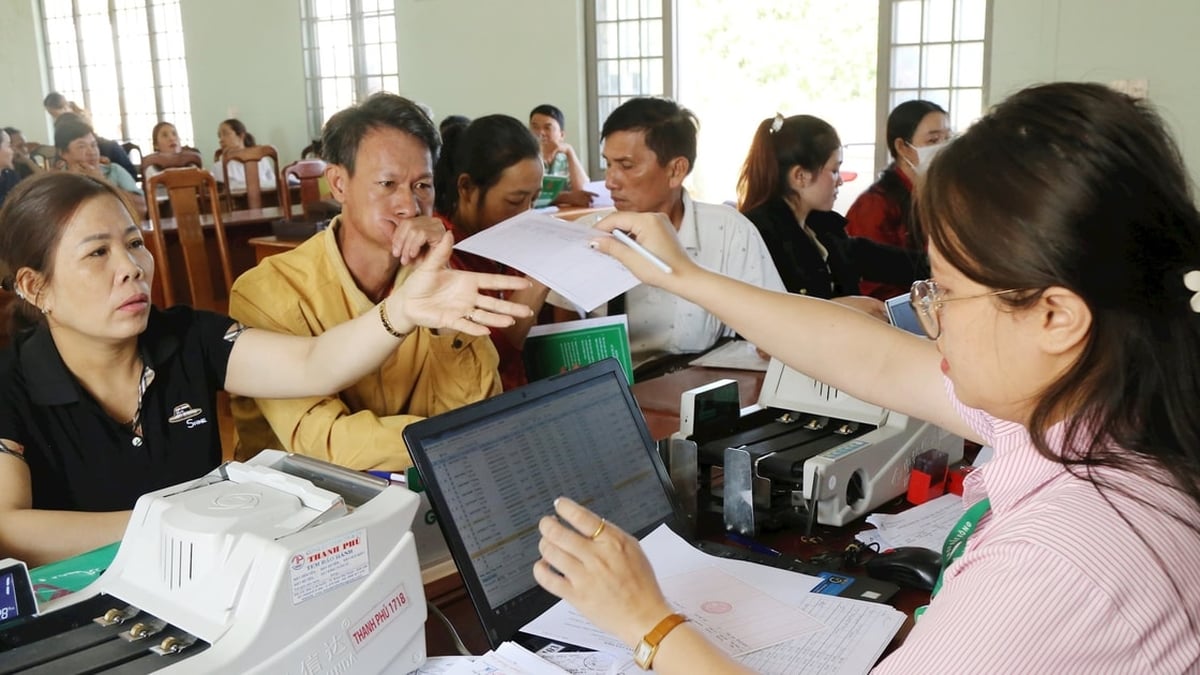
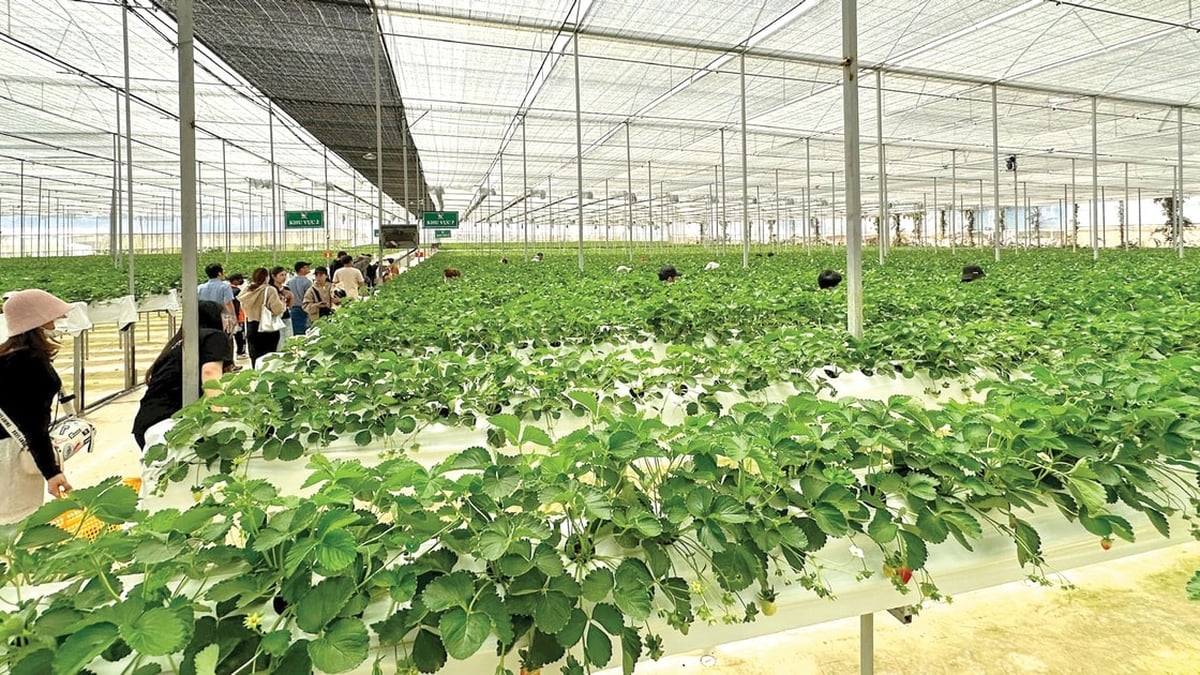

















































































![[Infographic] In 2025, 47 products will achieve national OCOP](https://vphoto.vietnam.vn/thumb/402x226/vietnam/resource/IMAGE/2025/7/16/5d672398b0744db3ab920e05db8e5b7d)





Comment (0)